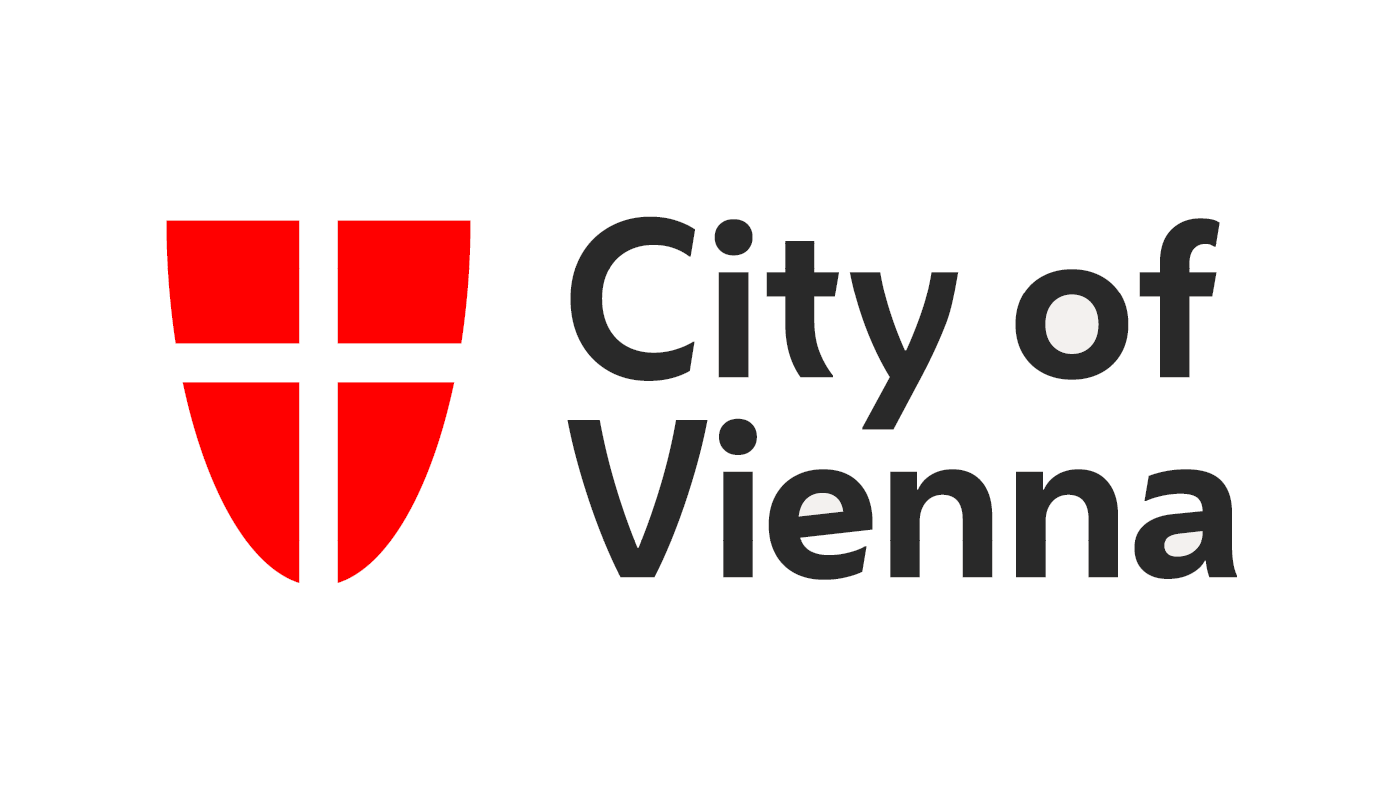Mau (2004, p. 61) argues: “Welfare state transfers, therefore, must be conceived of as bilateral relationships between the giver and the recipient wherein reciprocal expectations need to be satisfied in order to preserve people’s willingness to contribute to the common good”. Therein lies the idea that different policy models pertain to different modes of reciprocity. I suggest the underlying taxonomy can be adjusted and afterwards applied to different types of health care systems.
When having reciprocity and health care on the mind, one arrives at the ways how health care is funded and financed because reciprocity requires some mode(s) of exchange, which possibly can stabilise as an equilibrium. Likewise, health care relies on some kind of risk pooling, be it public or private. Therein, I want to provide a distinction of health insurance types. Statutory social health insurance’s (SHI) main funding mechanism is mandatory contributions that are tied to wages and salaries, while private health insurance (PHI) is paid for in the form of insurance premiums, which are pre-determined by the respective insurer and mutually agreed on by the insurer and insured in form of a contract.
Now towards an argument to formally and empirically distinguish SHI and PHI and their corresponding modes of reciprocity. “Few individuals in the developed world will be able to afford the health care they will need in their lifetimes” (Latham 2012, p. 130). Thus some kind of health insurance is necessary to guarantee basic treatments, a modicum of coverage and minimal equity in health care. The fairness of possible health insurance schemes is closely tied to issues of distributive justice and consequently also relates to how health care is financed (cf. Clark and Weale 2012).
Reciprocity can be direct, indirect, generalised, strong, weak, conditional, unconditional, negative, and/or positive. Generally, “… a reciprocal action is modeled as the behavioral response to an action that is perceived as either kind or unkind” (Falk and Fischbacher 2006, p. 294). Framed differently, “Reciprocity demands proportionate balancing of the benefits and burdens of social cooperation between participants…” (Viens 2008, p. 1).
I argue that in its essence reciprocity should be evaluated insofar it can or cannot alleviate the ‘tragedy of the commons’ and whether it can establish a social norm in a given situation. A scenario with identical individual incentives but absent cooperation is known as the tragedy of the commons (e.g. Gächter et al. 2017). Gross and De Dreu (2019) demonstrate that attenuation of said tragedy depends on the costs of the individual solutions. If they are low, cooperation does not take place, even when individual negative reciprocity (punishment) is available. However, centralised punishment institutions or establishment of social norms of cooperation and of generalised reciprocity can solve the dilemma. Thus, when individualism is reasonably cheap, cooperation depends on a type of governmental enforcement and/or on the establishment of a social norm that facilitates cooperation. Further, scholars have already elaborated on the importance of strong reciprocity for the proper functionality of welfare regimes (cf. Bowles and Gintis 2004; Fong et al. 2004).
Both PHI and SHI require the reciprocity and shared interest of its members that are in an interdependent state with possibility of sanctions. Also, both kinds of health insurance require a level of chance solidarity, which describes the willingness to contribute according to one’s own risk-probability, knowing one will be compensated under certain contingencies (Lehtonen and Liukko 2011).
Yet, while PHI relies on voluntary contribution, SHI is solidaristic in terms of generalised reciprocity (cf. Koos and Sachweh 2019). Reciprocity also plays a crucial role in PHI (cf. Leitner and Lessenich 2003), where PHI rather follows a market-logic of reciprocal exchange with risk-adjusted premiums. I suggest that PHI constitutes direct reciprocal exchange as ‘risk reciprocity’ and SHI is a form of generalised indirect exchange with a long-term outlook (cf. Molm et al. 2007; Ullrich 2002). Thus, PHI and SHI are distinguishable on the basis of their modes of reciprocity. Davies and Savulescu (2019) further argue that solidaristic reciprocity a) does not need an identical reciprocal act or exchange, b) can exist on a purely hypothetical or abstract level, and c) solidarity is reciprocal in nature.
Some duties are conditional on reciprocity, such as the duty to share fairly. These duties result from someone’s status as a moral person or are binding and conditional on mutual exchange. Thus, even non-contribution on the part of a person, who is unable to contribute, does not imply that they are exempt from distributive justice (Lister 2011). It is important to note, that SHI does not discriminate on the basis of factors that can cause inability to contribute, while PHI discriminates through exclusion and setting of high risk premiums. Hence, SHI does per se not differentiate between bad brute luck and bad option luck (cf. Vallentyne 2002; Segall 2007; Cavallero 2011; Björk et al. 2020).

